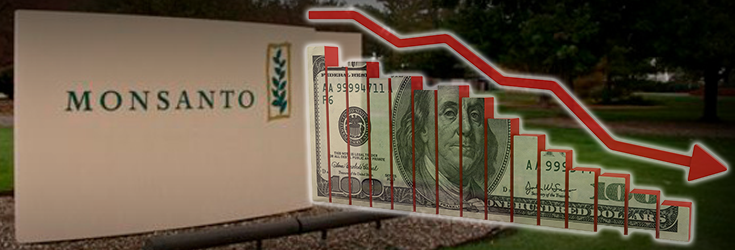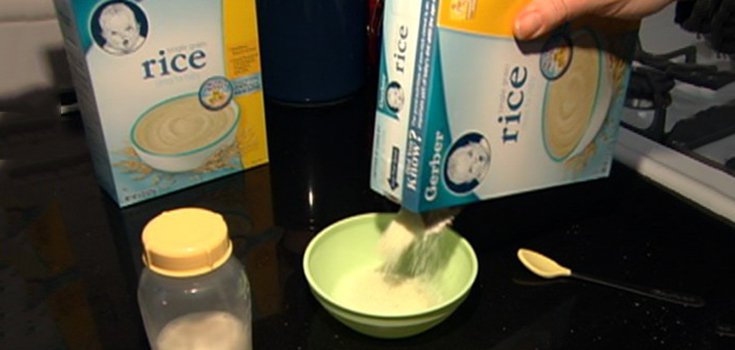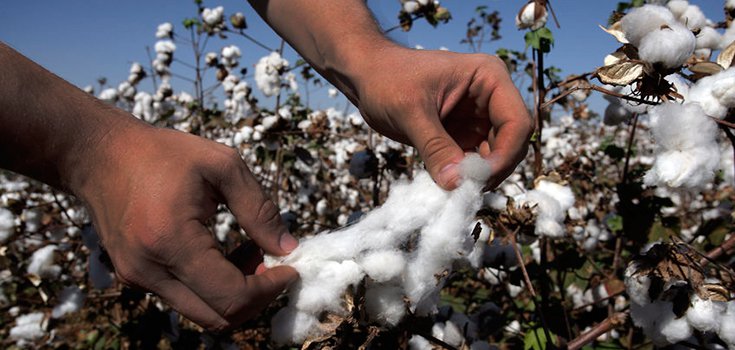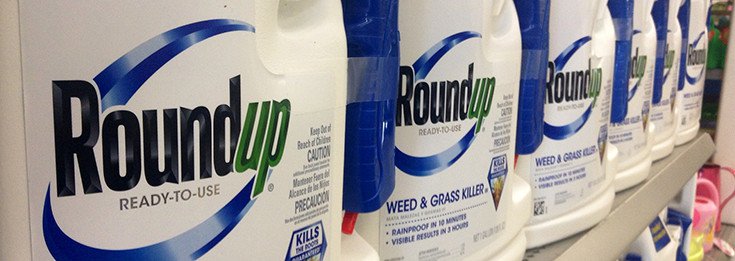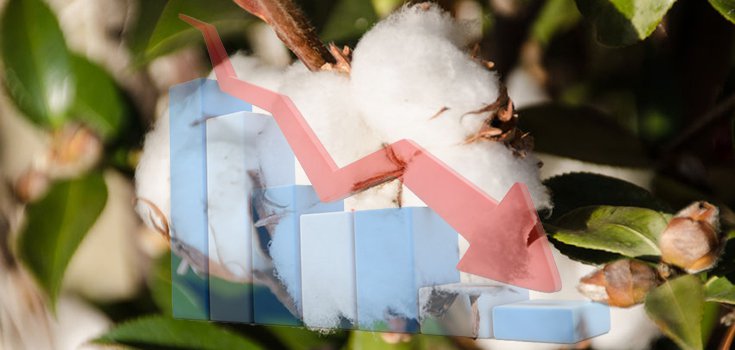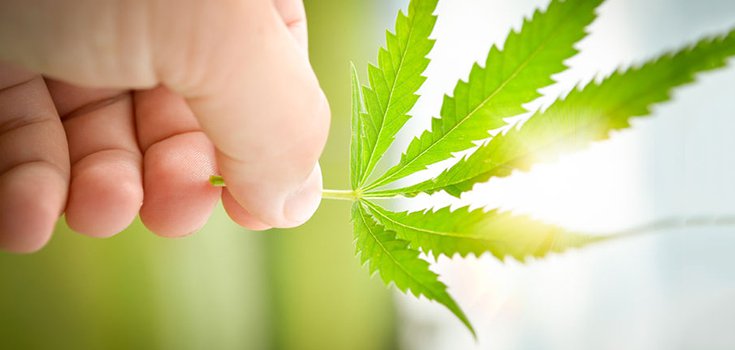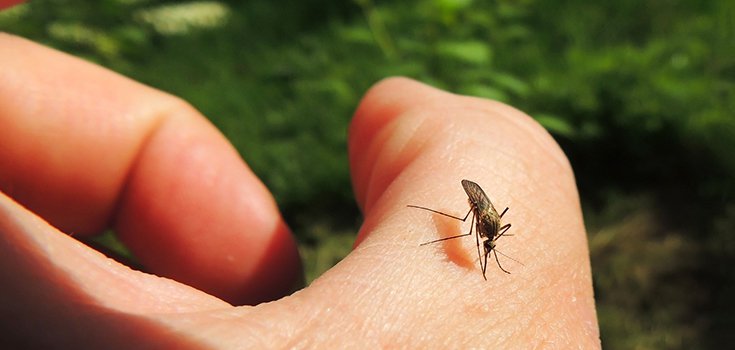
At the crippled Fukushima nuclear power plant in Japan, scientists are running out of space for the plant’s enormous amounts of irradiated water. The radioactive water is being stored in thousands of tanks, and contains tritium, a substance that is hazardous to health. About 300 tons need to be pumped into the plant every day to keep its reactors cool.
Tritium can be removed from water in laboratories, but such an effort would be preposterously expensive, so scientists have another idea in mind: dumping the nuclear waste into the ocean.
The scientists say the risks are minimal, but many Japanese residents are understandably frightened and upset. The nation’s fishermen staunchly oppose the plan, fearing a release of the water could devastate local fish stocks. [1]
More important than the fish supply is the potential toll a release of tritium could have on human health. The substance goes directly into the soft tissues and organs of the body, potentially increasing the risk of cancer and other illnesses.
The Japanese government has been trying to downplay the risk to the public. Japan’s Parliamentary Secretary even sipped from a glass of decontaminated water taken from puddles inside the buildings housing reactors 5 and 6 in front of news cameras.
http://naturalsociety.com/radioactive-water-fukushima-dumped-in-sea-7261/



